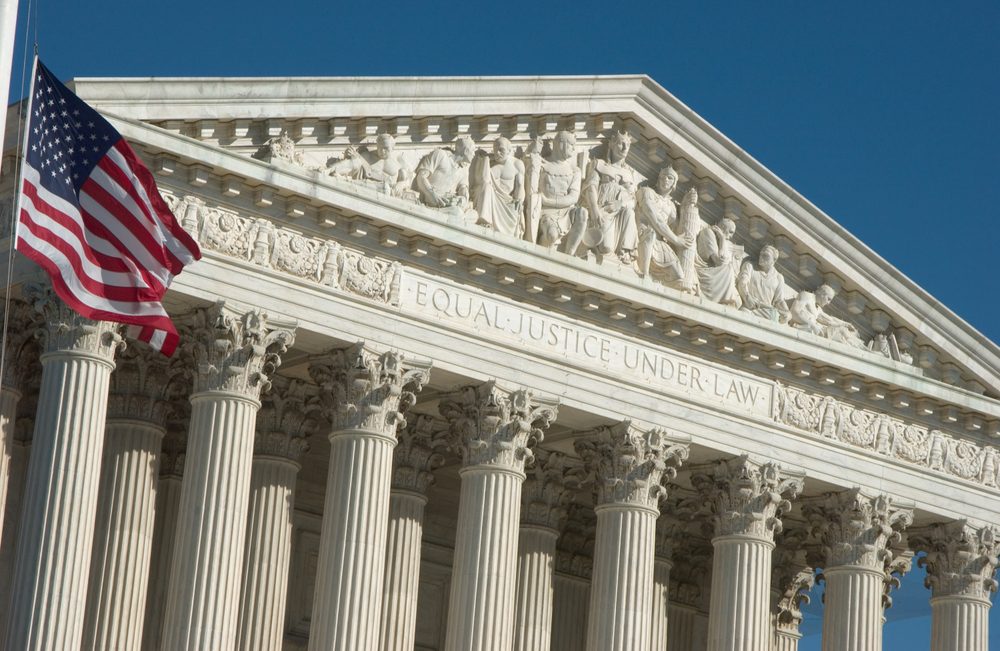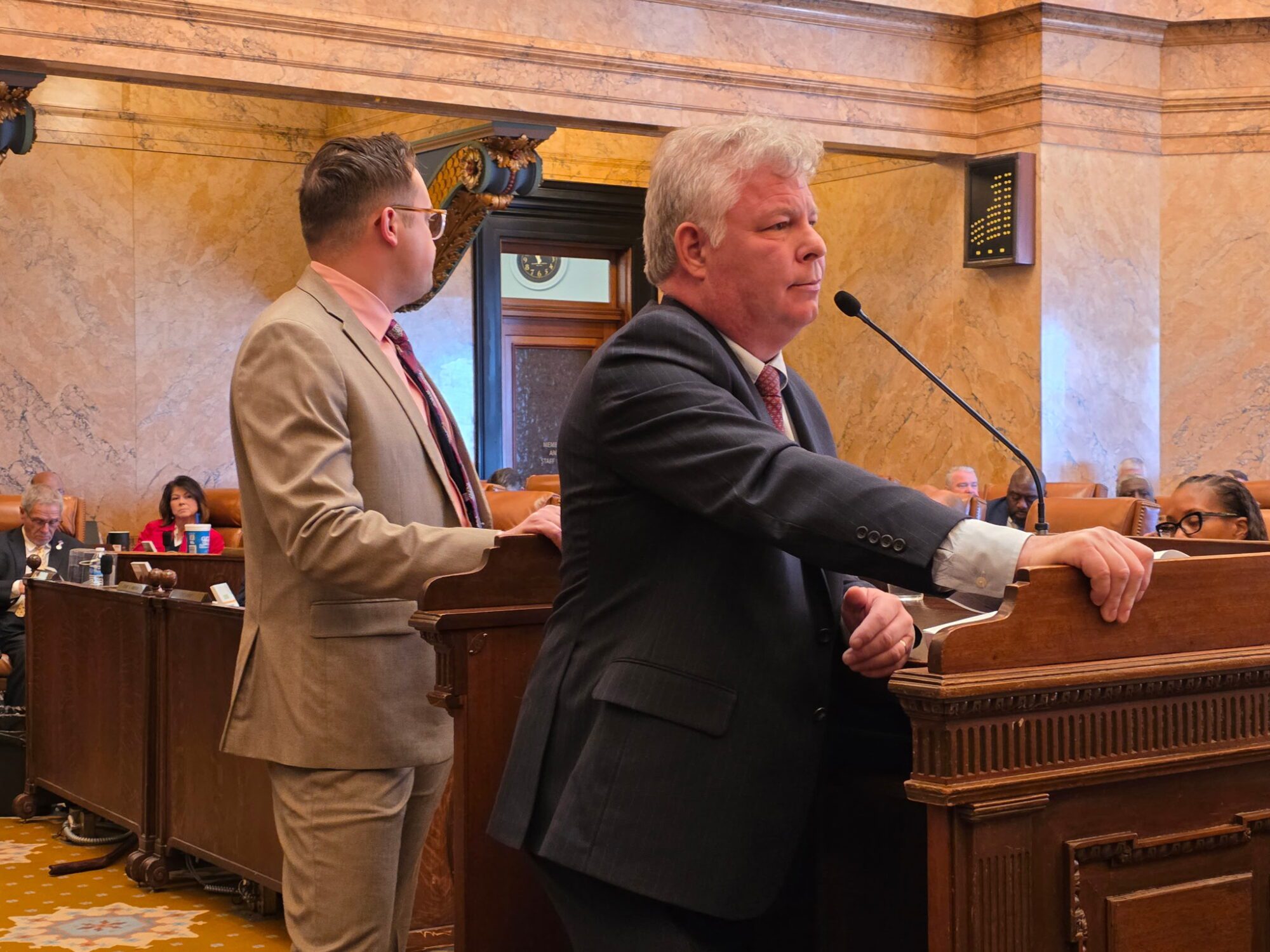
- Pepper Crutcher discusses the U.S. Supreme Court decision regarding federal agency adjudication.
Suppose that your nemesis has a legal beef with you, and you learn that the law allows him to appoint one of his employees to judge the case. Shocked? You should be. Yet federal agency adjudication works the same way.
How can that be constitutional? Securities and Exchange Commission v. Jarkesy, decided June 27, 2024, asked the Supreme Court to answer that question.
The Constitution’s text seems clear. Article III Section 1 begins by saying that, “The judicial Power of the United States shall be vested in one supreme Court, and in such inferior Courts as the Congress may from time to time ordain and establish.”
Section 2 describes that Power broadly, as extending to “all Cases, in Law and Equity, arising under this Constitution, the Laws of the United States, and Treaties made, or which shall be made, under their Authority ….”
The Seventh Amendment adds that juries are required in “suits at common law, where the value in controversy shall exceed twenty dollars ….”
Nothing in Article I (the Congress) or Article II (the Executive) appears to grant either branch any power to adjudicate anything, but, spurred-on by Congress, Executive agencies have gotten away with it for so long that it would be hard to disentangle agency adjudication from important regulatory schemes, so a cautious, narrow ruling seemed likely. And that’s what we got, on the surface.
Holding, 6-3, that SEC targets are entitled to have securities fraud claims tried to federal court juries, the Court returned SEC adjudication to the norm before Dodd-Frank amendments – nothing to get excited about – but the 3 dissenters were incandescent in their critique of what they called a judicial “power grab.” Where’s the beef?
The beef is that ripple effects are likely and may be momentous.
For example, National Labor Relations Board administrative law judges rule on unions’ unfair labor practice charges accusing employers of breaking their union contracts. Such claims make up a good part of the NLRB case load.
Unions have the option to take those contract breach claims to court or to contract arbitrators, but they gain leverage by submitting them to the NLRB General Counsel, who complains to the NLRB’s own judges, free of charge, and nearly always wins, at great expense to the charged employers. The mere threat of such proceedings induces many union-friendly settlements.
After Jarkesy, fewer employers may accept being manipulated in this fashion. Instead, they may assert their rights to federal court jury trials or contract arbitrations of those claims, based on Jarkesy.
And they may win.








